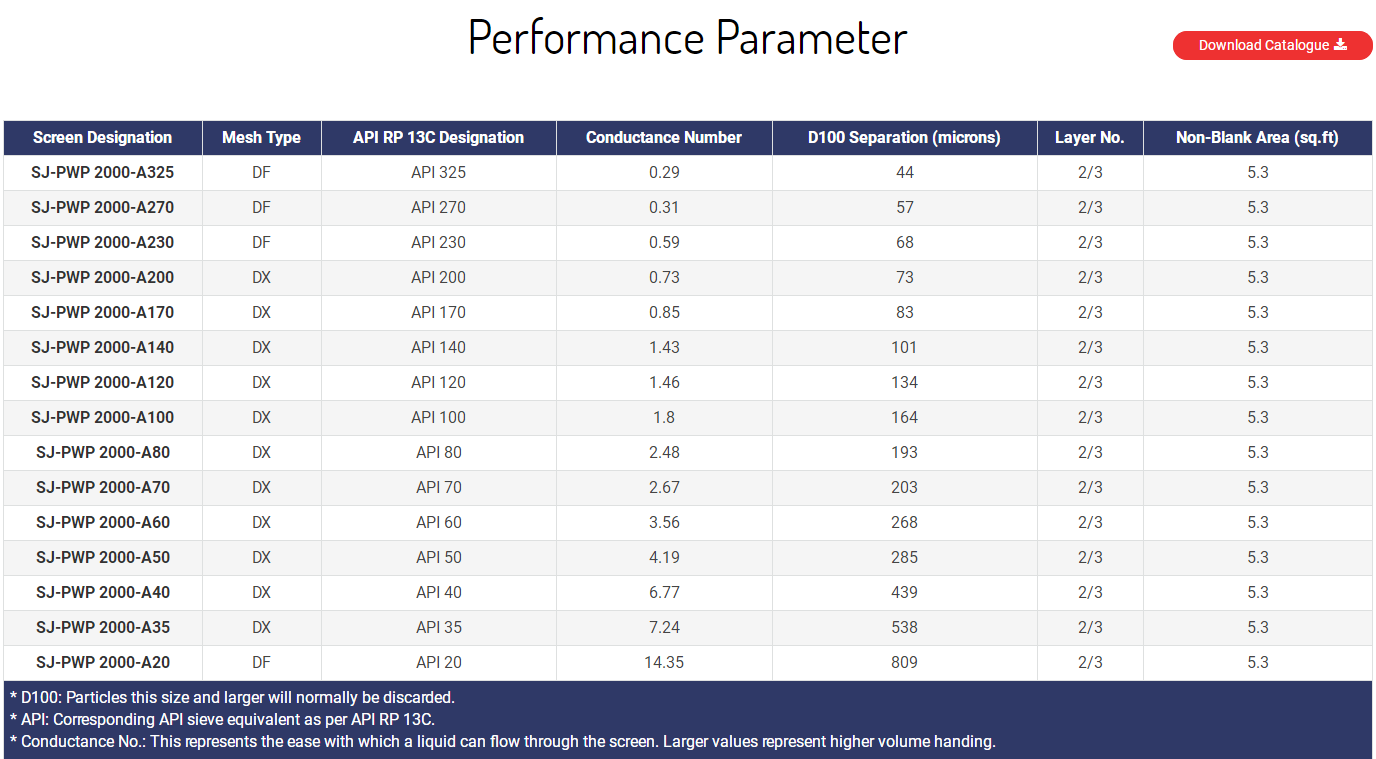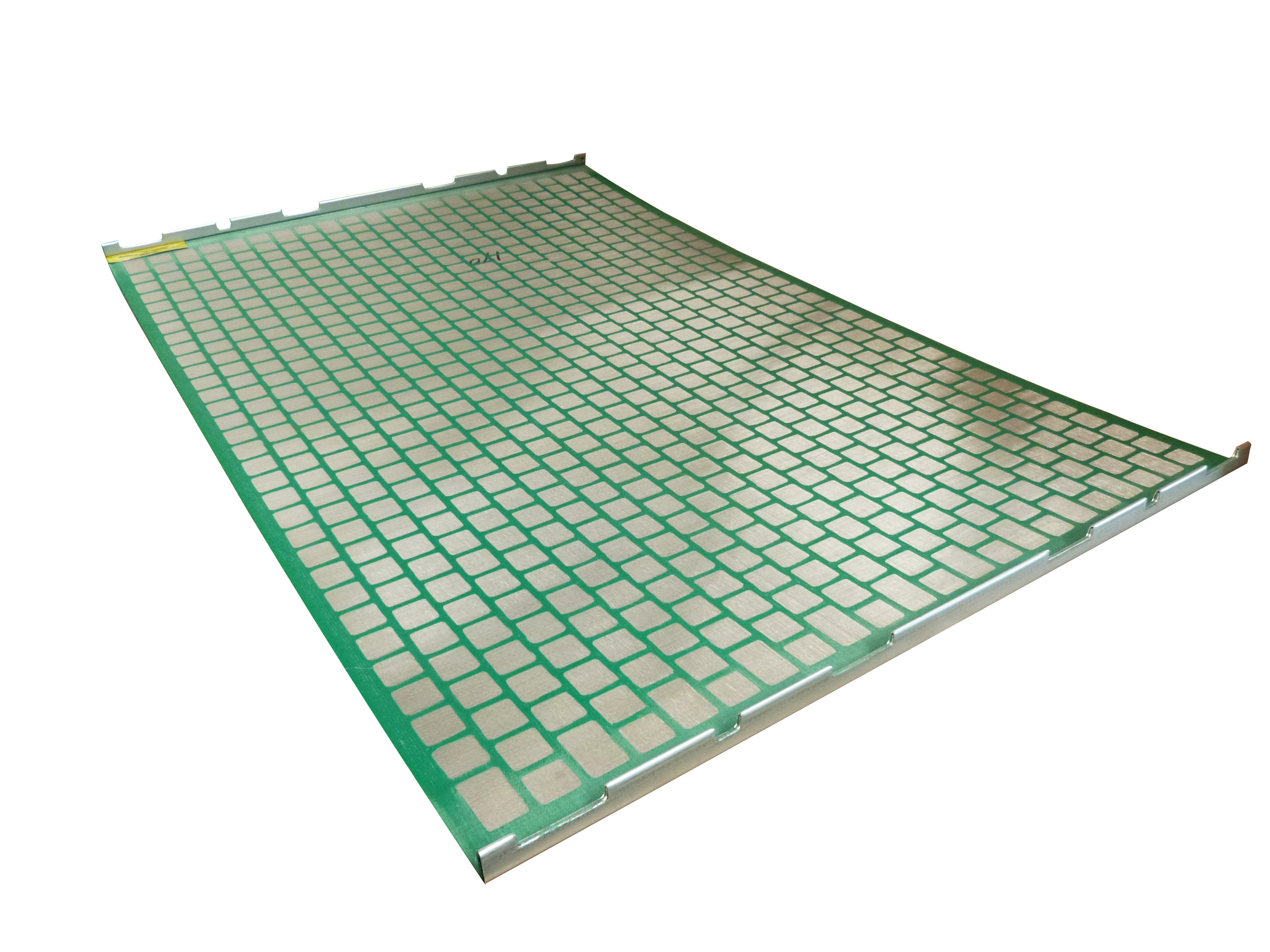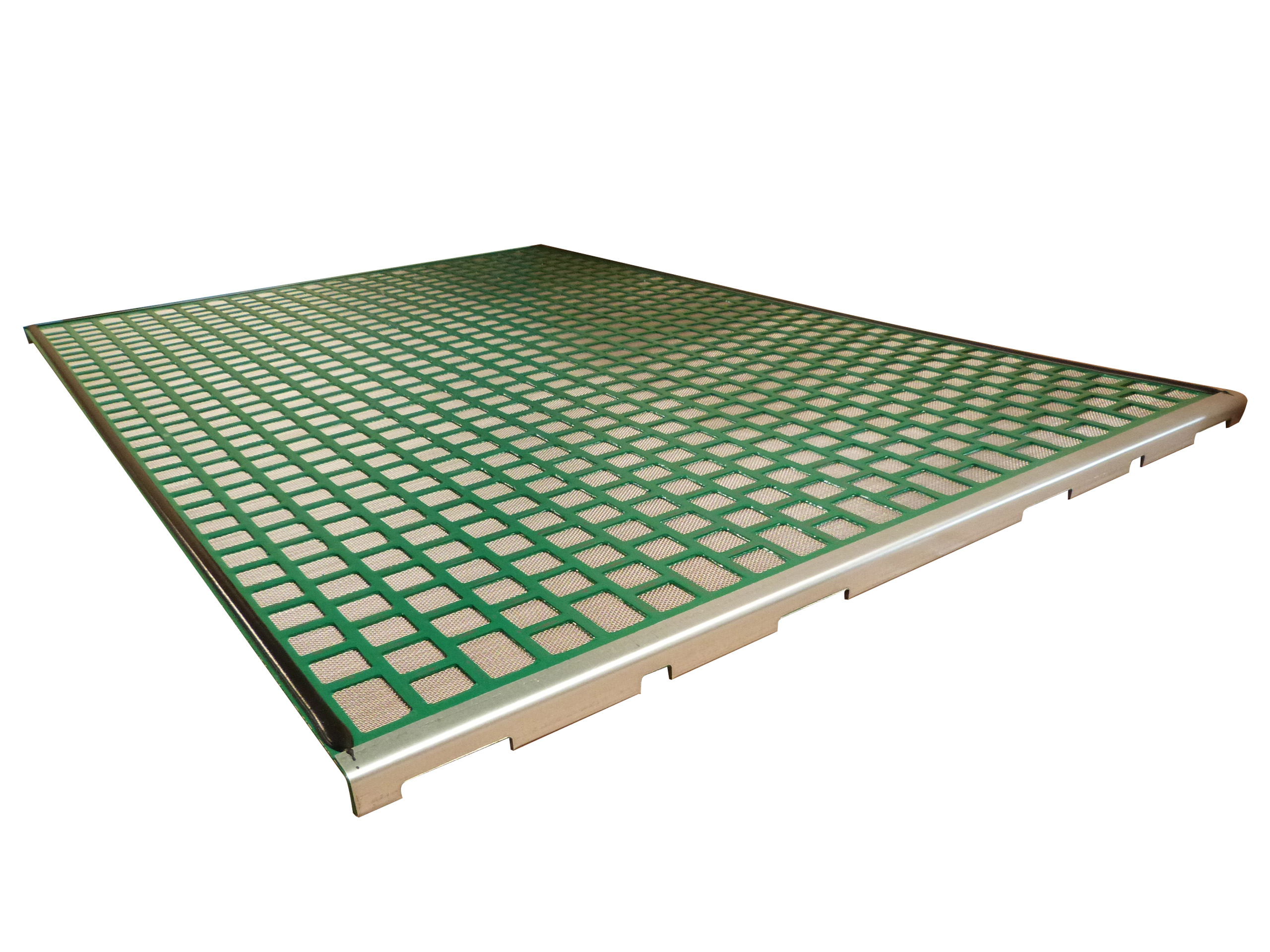Talc can change various properties of plastics such as molding shrinkage, surface hardness, flexural modulus, tensile strength, impact strength, thermal deformation temperature, molding process and product dimensional stability.
First, the application in polypropylene resin
Talc is often used to fill polypropylene. Talc has a sheet-like structural feature of a sheet configuration. Therefore, finer talc powder can be used as a reinforcing filler for polypropylene.
In the modified system of polypropylene, the addition of ultrafine talcum powder can not only significantly improve the rigidity, surface hardness, heat creep resistance, electrical insulation, dimensional stability of polypropylene products, but also increase the impact of polypropylene. strength. Adding a small amount of talc powder to polypropylene can also act as a nucleating agent, improve the crystallinity of the polypropylene, thereby improving the mechanical properties of the polypropylene, and improving the crystallinity and refining the crystal grains. The transparency of polypropylene. Polypropylene composites filled with 20% and 40% ultrafine talc powder can significantly improve the rigidity of polypropylene and the creep resistance at high temperatures, both at room temperature and high temperature.

Second, the application in polyethylene resin
Talc is natural magnesium silicate, its unique micro-scale structure, with certain water resistance and high chemical inertness, so it has good chemical resistance and slidability.
It can be used as an engineering plastic with polyethylene. It has good chemical resistance and fluidity and can compete with ABS, nylon and polycarbonate. Filling polyethylene with it can improve the following properties: increase toughness, flexural modulus and twist modulus; increase flexural strength; reduce creep tendency at normal temperature and high temperature; increase thermal transition temperature and dimensional stability; improve deformation And warpage, but also has a low coefficient of thermal expansion; improve thermal conductivity; improve the surface hardness and smoothness of molded parts; improve the mechanical strength of polyethylene. Adding different proportions of talc powder will have different effects on the physical properties of polyethylene materials, and the addition ratio is optimal at 10-15%.
Third, the application in ABS resin
ABS resin is an amorphous polymer with excellent molding processability such as polystyrene; it has good impact strength, good low temperature resistance, high tensile strength and good creep resistance. In order to improve the existing performance of ABS, research on ABS modification has been widely carried out. For example, ABS and PVC blended automobile instrument panel blister sheet, ABS and PVC blended leather bag hood mask, not only high strength, high toughness and can maintain the durability of the surface pattern.
The blending material is filled with ultra-fine calcium carbonate or ultrafine talc powder, which can significantly improve the notched impact strength and tear strength of the blended material, for example: adding ultrafine talc powder or calcium carbonate 5-15% The notched impact strength can be increased by 2-4 times. Since ABS is an amorphous polymer, it has a function of accommodating more filler. The addition of ultrafine talc powder can significantly improve the performance of ABS and reduce costs.
Fourth, the application in polystyrene resin
Unmodified general-purpose polystyrene is an amorphous polymer which is hard and brittle, but it has good electrical properties, aging resistance and high dimensional stability. The disadvantage is high brittleness and sensitivity to environmental stress cracking.
The addition of ultrafine talc powder can improve the impact toughness, adjust the rheology, significantly increase the modulus of the distortion, and improve the tensile yield strength.
Fifth, the application in nylon resin
Among the various fillers, the layered structure of talc powder can improve the original good performance of nylon, and the improvement of wear resistance is the most important. Compared with metal, the unfilled modified nylon has low elastic modulus, low tensile and creep strength, and a significant dependence on mechanical properties and temperature. It contains a water-absorbing amino group on the molecule, and has high water absorption. The product is easy to absorb when used. Expansion deformation, rapid cooling and incomplete crystallization during processing, and crystallization during use, which causes deformation or even cracking of the product.
The above disadvantages of nylon can be greatly improved by adding ultrafine talc powder. The talc powder has the function of nucleating agent. After addition, it can increase the crystallization rate of nylon and increase the crystallinity , so it can especially improve the toughness and mechanical of nylon. Strength, hardness, thermal stability, dimensional stability, improved surface quality and deformation behavior of the product also have a good influence on moisture absorption, electrical properties and chemical properties.
6. Application in polyvinyl chloride resin
Filling polyvinyl chloride with ordinary powder has been very common, such as the manufacture of hard PVC pipes, the amount of calcium carbonate can be up to 40%, but the tensile strength and impact strength of PVC are reduced; When the talc powder of 5 micrometers or 2000 mesh is added to 40-45% by volume, the yield strength of the material can be found to be even higher than the original breaking strength, and the polyvinyl chloride system is obviously enhanced. For the impact strength, the addition of the ultrafine talc powder, the unnotched impact strength is substantially not reduced within 15% by weight, the notched impact strength is lowered, and the disturbing modulus can be significantly increased. The ultrafine powder has a very significant reinforcing effect on the polyvinyl chloride system to which the toughening agent is added, such as PVC/CPE and PVC/ABS systems.
Seven, the application in other resins
1 In fluoropolymers such as polytetrafluoroethylene, the addition of talc can improve creep strength, abrasion resistance, toughness, thermal conductivity, compressive strength, hardness, creep tendency and thermal deformability at high temperatures.
2 Adding talc filler to polyoxymethylene can further improve its toughness.
3 Add ultra-fine talc powder to polycarbonate to improve toughness.
4 Adding ultrafine talc powder to polyphenylene sulfide can obtain better processability, lower shrinkage and accurate demolding size.
(Article source: Xufeng powder)
Derrick Flc2000 Pwp Shaker Screen
Replacement Screens for Derrick FLC 2000 / 48 × 30 Shale Shakers – PWP
Derrick FLC2000 PWP Shaker Screen, also famous known as 48-30 screens, are compatible with Derrick FLC (Flo-Line Cleaner) 2000 series shale shakers. It is a hook strip flat type Shaker Screen, which is constructed of multiple stainless steel 304 or 316 wire mesh cloth layers. And then bonded to a rectangular or hexagonal perforated metal plate for added support and facilitation of repair.
Technical Parameter
- Material: stainless steel 304/316/316 L.
- Construction Type: PWP (perforated wear plate).
- Perforated Mesh Shape: rectangle/hexagon.
- API RP 13C Designation: API 120 – API 400.
- Series: DX, DF, HP optional.
- Color: green.
- Package: 2 pcs /carton, then packaged in wooden case.
Adaptable Shale Shaker Model
SJ- Derrick fLC2000 PWP shaker screen are used as the substitute screen for
- Derrick FLC (Flo-Line Cleaner) 2000 3-panel shaker.
- Derrick FLC (Flo-Line Cleaner) 2000 4-panel shaker.
- Derrick 48-30 shale shaker.
- Derrick FLC (Flo-Line Cleaner) 2000 series mud cleaners.
- Derrick FLC Plus, FLC with AWD, HI-G dryer.
Competitive Advantage
- Manufactured according to the API RP 13C (ISO 13501).
- Top quality stainless steel wire mesh for longevity.
- Increase shaker capacity and reduce mud loss.
- Scientific & reasonable cost control system for competitive price.
- Higher flow rates without sacrificing cut point integrity.
- Adequate inventory in the shortest time to meet customers' demand.



Remarks:
Derrick, FLC 2000, PWP, DX, DF, HP are marks of Derrick Corporation.
ShengJia only produces the replacement screens but not original from Derrick
Derrick FLC2000 PWP Shaker Screen
Derrick Flc2000 Pwp Shaker Screen,Derrick Flc2000 Shaker Screen,Derrick Flc2000 Shale Shaker Screen,Derrick Flc2000 Pwp Shale Shaker Screen
Anping Shengjia Hardware Mesh Co.,ltd , https://www.oilshakerscreen.com